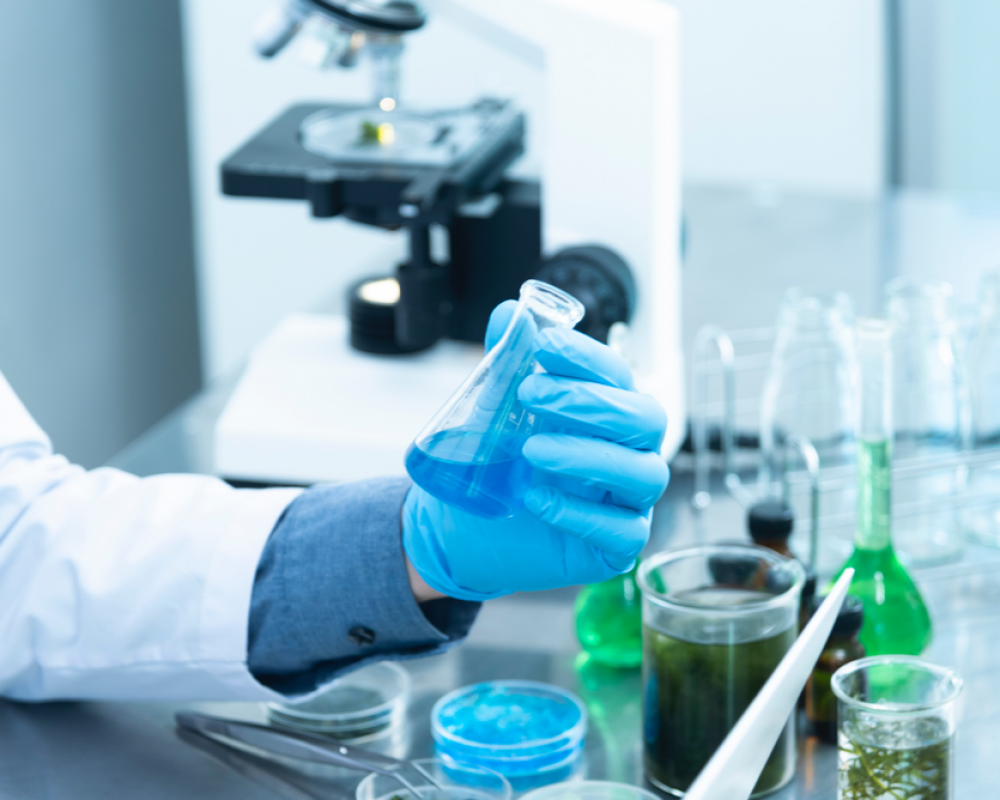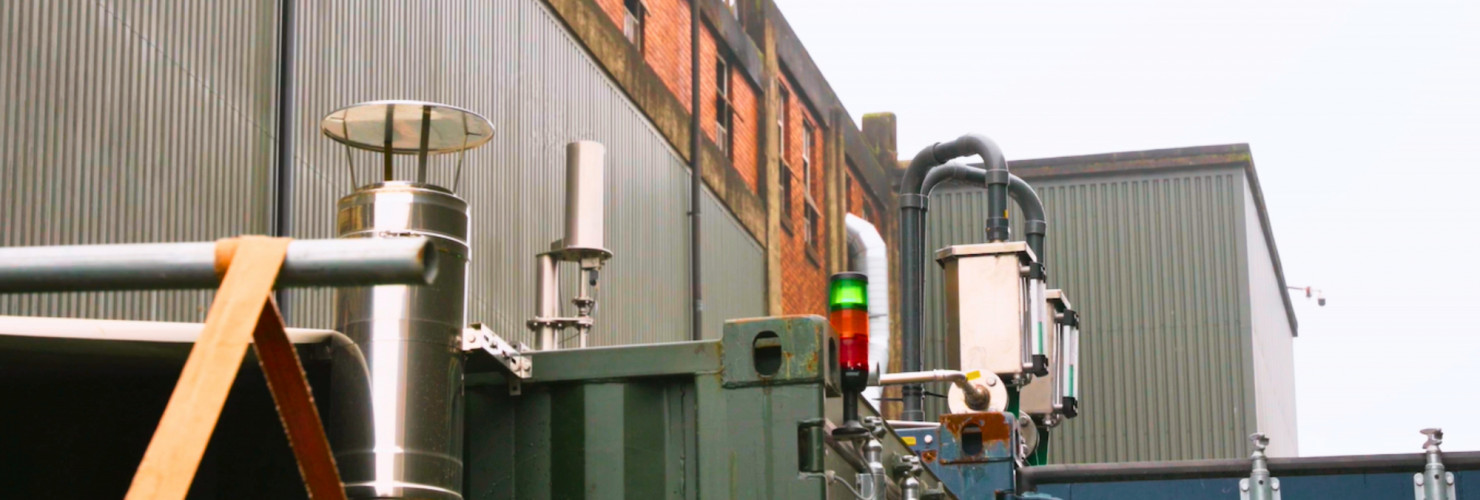
UK first in ‘clean hydrogen’ production and carbon capture
The BDC-led H2Boost project has become the first to successfully produce hydrogen at scale through a biological process, while also capturing the carbon dioxide.
In a landmark achievement for the UK’s green energy sector, researchers are now looking to expand the new technology to support the UK's net zero ambitions.
Hydrogen is considered to be a cleaner and safer alternative to oil and gas for heating and some modes of transport, but the production of hydrogen can release carbon dioxide into the atmosphere resulting in environmental concerns.
In order to produce ‘clean hydrogen’, experts have been investigating how to create the quantities of gas needed whilst also capturing the carbon released to reduce atmospheric pollution.
The H2Boost project, in partnership with the University of Leeds and funded by the government’s £1 billion Net Zero Innovation Portfolio (NZIP), was achieved by transforming everyday waste into clean hydrogen through a unique process called dark fermentation, which converts pre-treated organic waste into biohydrogen.
The system then captures and reuses all by-products, whereby the waste material generates additional energy through anaerobic digestion; cultivated algae and bacteria capture carbon emissions. This approach means that virtually nothing goes to waste in the production of hydrogen.
The H2Boost project, an initiative under the Department for Energy Security and Net Zero's Hydrogen BECCS Innovation Programme, aims to develop a commercially viable and sustainable process for producing biohydrogen from organic waste.
Low-carbon hydrogen technologies are expected to provide up to 35% of the UK's energy requirements by 2050.
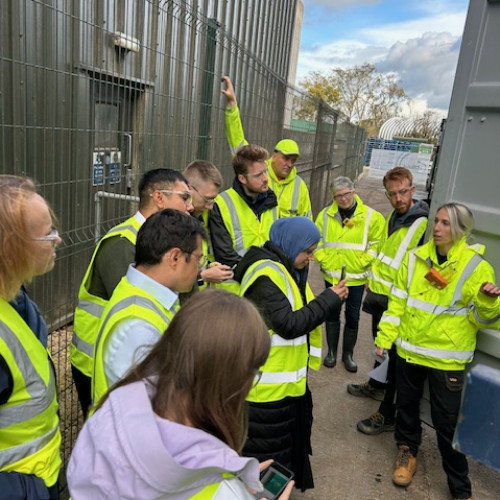
Penny Cunningham, Programme Operations Manager, said
Successfully demonstrating integrated hydrogen production with carbon capture represents a significant technical breakthrough for the H2Boost project. Our novel approach to producing clean hydrogen from waste while removing CO2 is not only technically feasible but also holds significant promise for large-scale sustainable energy solutions in the future.
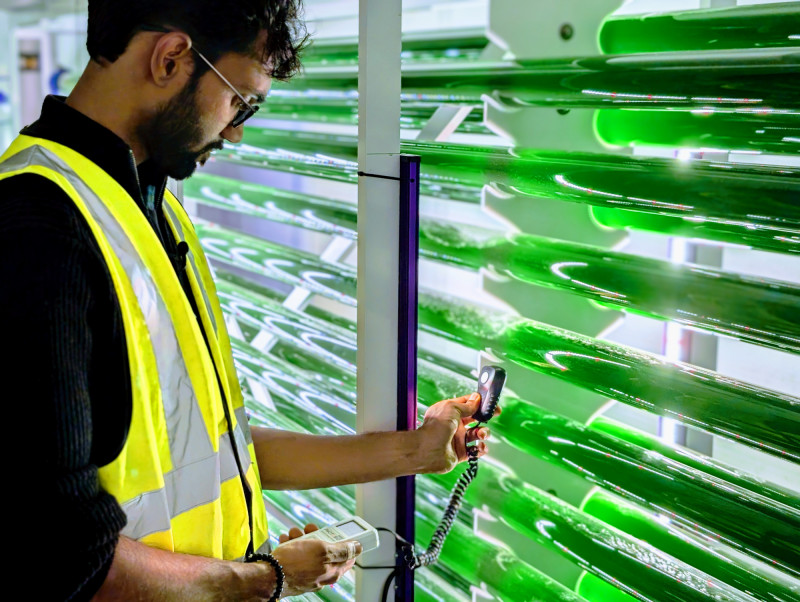
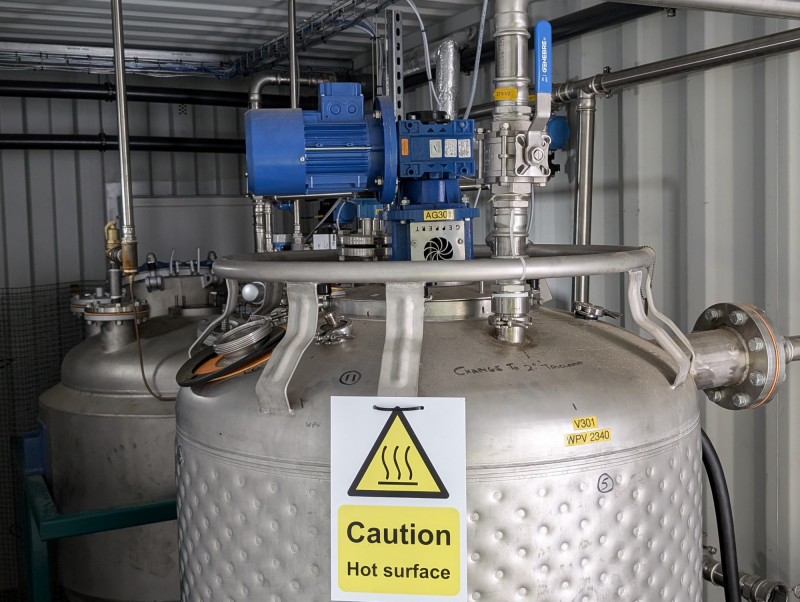
The H2Boost project, an initiative under the Department for Energy Security and Net Zero's Hydrogen BECCS Innovation Programme, aims to develop a commercially viable and sustainable process for producing biohydrogen from organic waste.
Experts and industry leaders believe that new technologies have the potential to play a crucial role in decarbonising the UK's transport sector, with low-carbon hydrogen technologies expected to provide up to 35% of the UK's energy requirements by 2050.

The H2Boost project is led by the Biorenewables Development Centre in partnership with the University of Leeds, and supported by a consortium of other organisations, including: Aardvark EM; AB Agri; CM90; Cyanocapture; MyGroup; NNFCC; Qube Renewables; and Ramboll.
The Department for Energy Security and Net Zero will provide dedicated leadership focused on delivering security of energy supply, ensuring properly functioning markets, greater energy efficiency and seizing the opportunities of net zero to lead the world in new green industries.
The funding from the Hydrogen BECCS Innovation Programme comes from the department’s £1 billion Net Zero Innovation Portfolio which provides funding for low-carbon technologies and systems and aims to decrease the costs of decarbonisation helping enable the UK to end its contribution to climate change.
